Ondansetron (as HCL) Transdermal
- Ondansetron is used to treat and/or prevent severe vomiting in dogs and cats.
- Common side effects that are generally not severe include constipation, sedation, or head shaking.
There are three ways to refill your prescription at Northwest Compounders:
Northwest Compounders offers free shipping on every order.
Northwest Compounders is currently licensed in and can ship medications to OR, WA,ID, AK, WY, NM, CO, UT, ND, AZ, MT, SD, HI, MN, IL, IA, MO, NE, LA, WI, and FL. Northwest Compounders has licenses pending approval in CA, ND, NC, SC, FL, IN, GA, and TX, and will be able to ship into these states soon.
Please allow a period of 1 to 3 business days from the time it was ordered for your medication to be delivered. Orders placed at 4:30pm or later may take up to 4 business days to arrive in rare circumstances.
Most of our liquid medications are stored refrigerated for flavor purposes only. If your bottle is labeled with an auxiliary label that says “may refrigerate,” refrigeration is not required for stability. If your bottle is labeled with an auxiliary label that says “refrigerate,” it is best to call the pharmacy at 503-352-3811 to confirm stability after a period of unrefrigerated storage.
Due to the custom-made nature of compounded medications, we are unable to accept returns and cannot offer refunds on medications once compounding has been performed.

Team member since 2015
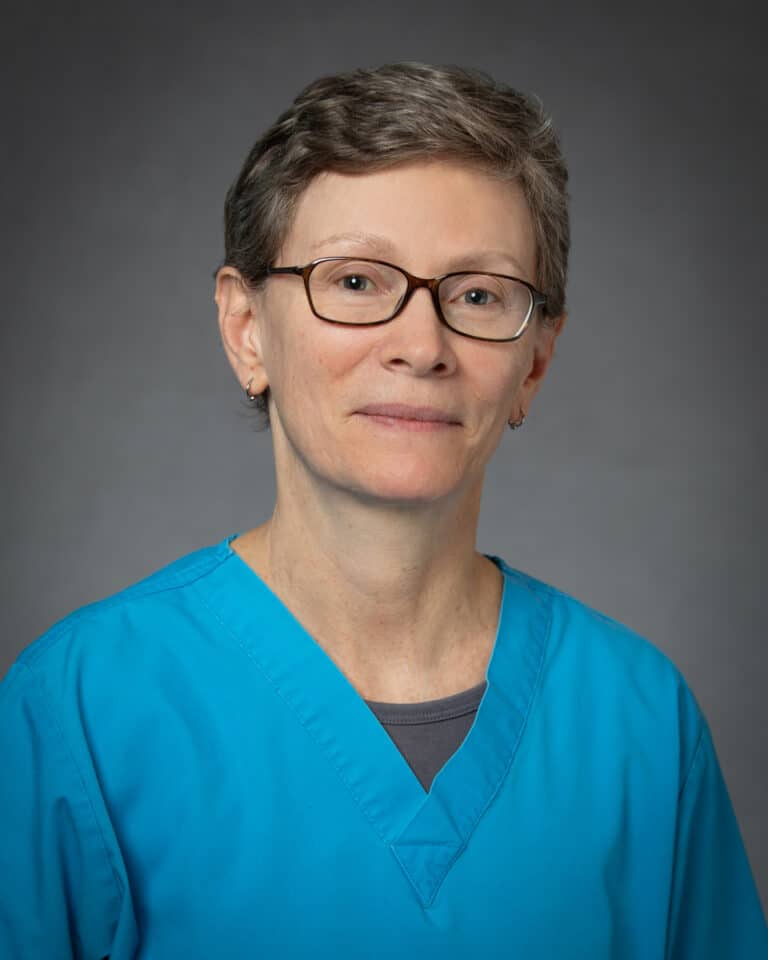
Team member since 2019
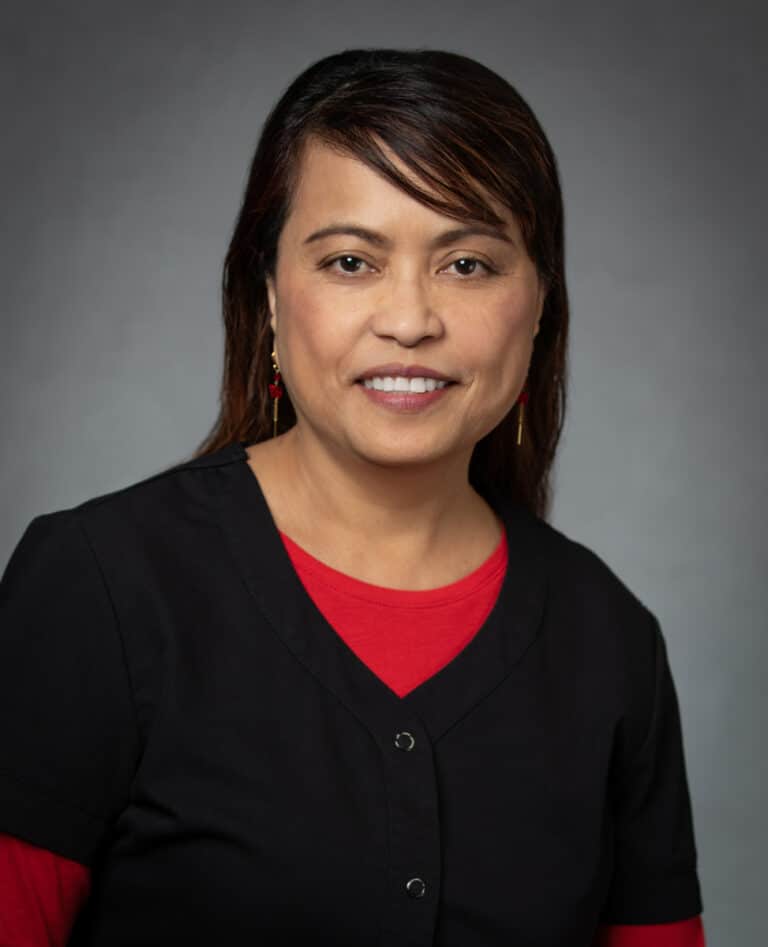
Team member since 2016
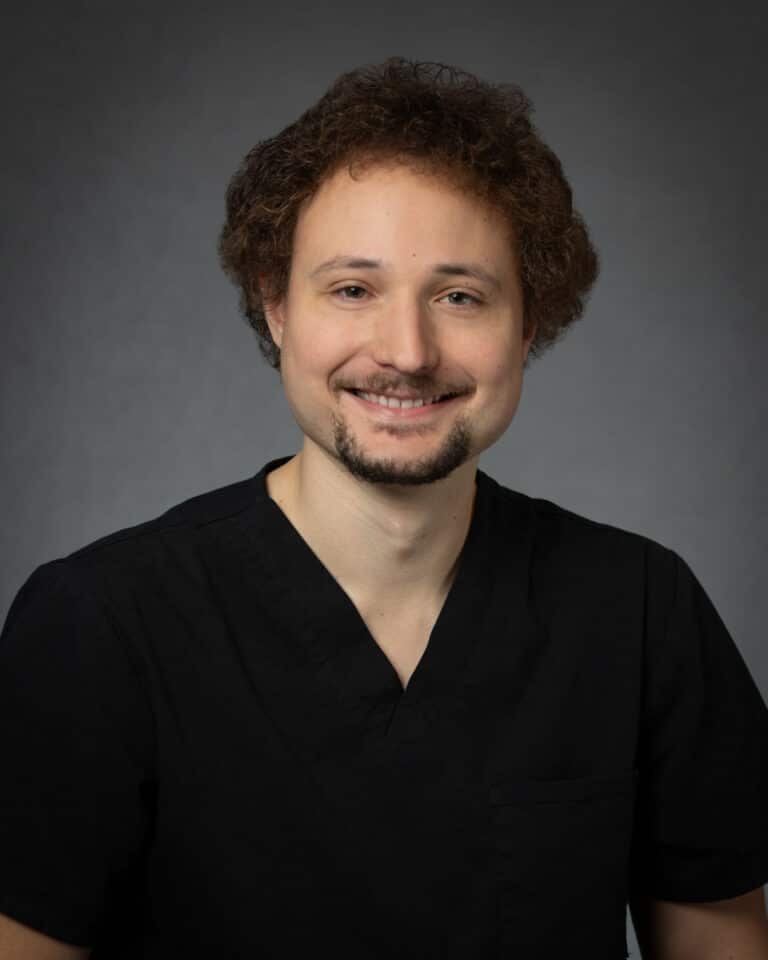
Team member since 2016
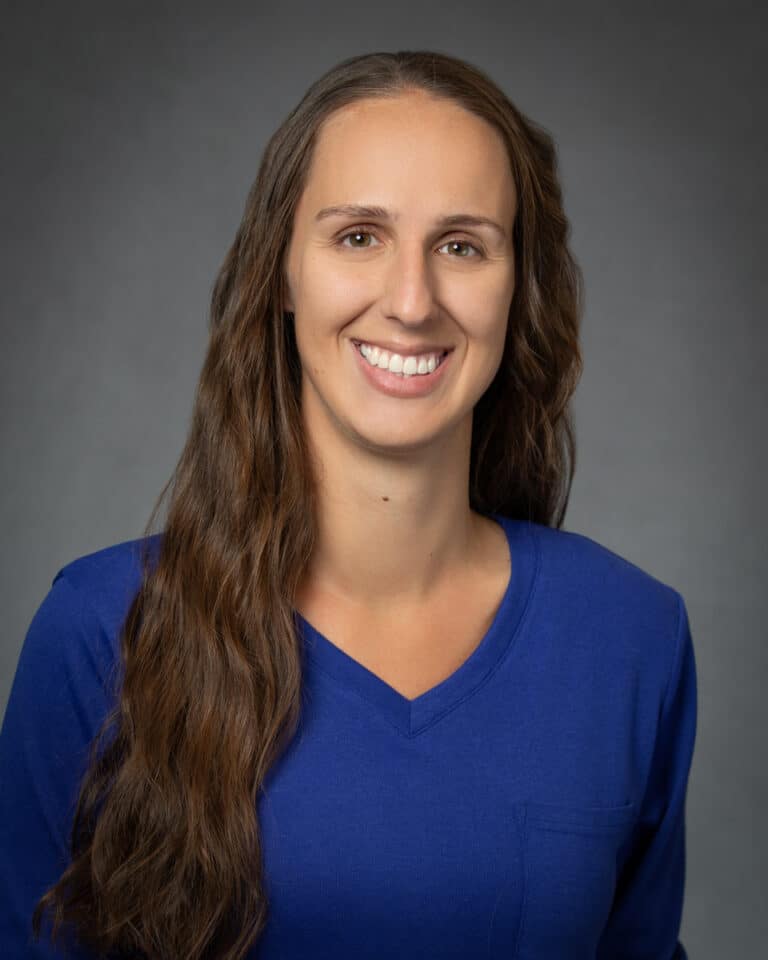
Team member since 2016
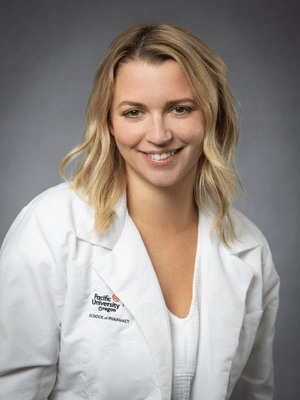
Doctor of Pharmacy, Pacific University 2022
B.S. Biohealth Science, Oregon State University 2019
Team member since 2018
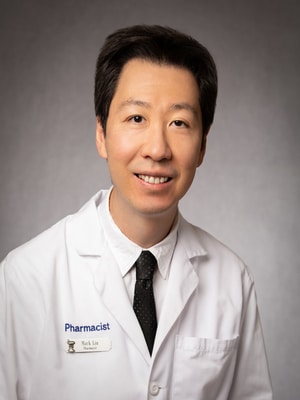
Doctor of Pharmacy, Oregon State University 2005
BA Biology, Reed College 1998
12 years of retail experience
Team member since January 2017
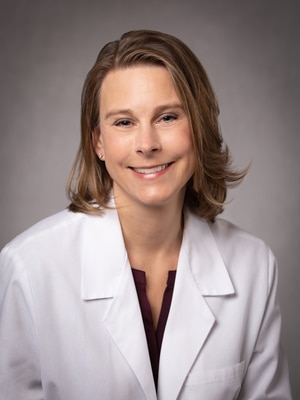
B.S. Pharm. 1994 Oregon State University
5 years of retail pharmacy experience
17 years of long-term care experience
Certificate in Veterinary Pharmacy, 2016
Team member since May 2016
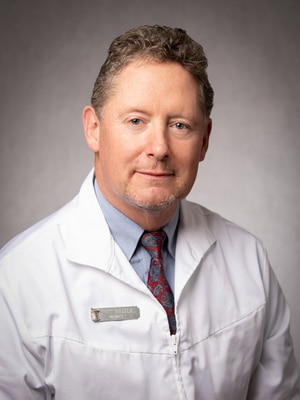
B.S. Pharm. 1992 Oregon State University
24 years of experience in Retail Pharmacy
Team member since November 2015
Certificates in CPR, Diabetes Management, Immunization, Cholesterol Management and Medication Therapy Management
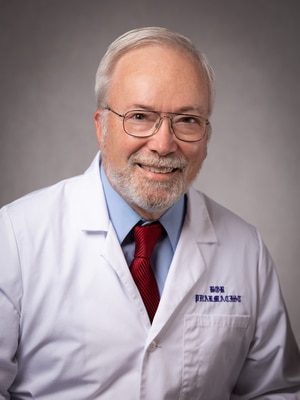
B.S. Pharm. 1976 Oregon State University
Certificate in Veterinary Pharmacy, 2019
Over 37 years of pharmacy experience
Over 33 years as a Pharmacy Manager
Team member since February 2013
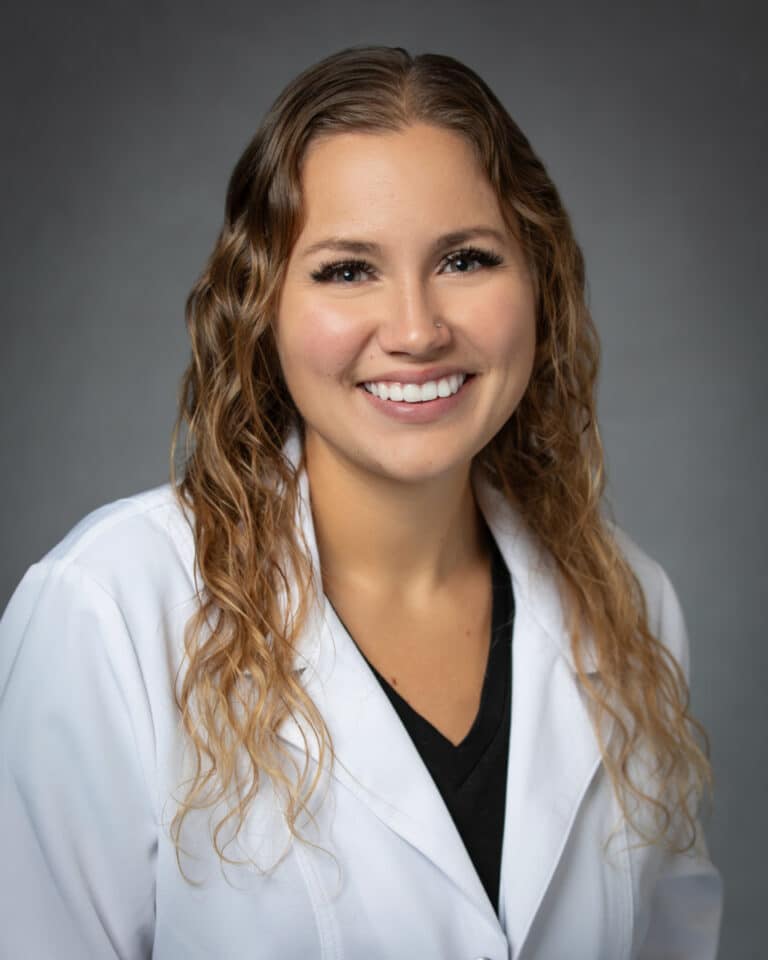
Doctor of Pharmacy, Oregon State University 2021
B.S. Bio-Health Sciences, Oregon State University 2017
Team member since 2016
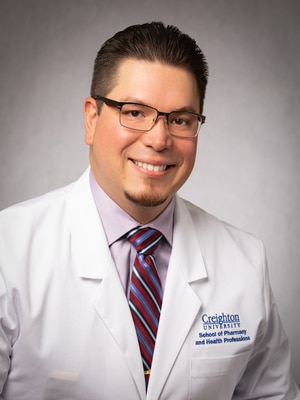
Doctor of Pharmacy, Creighton University 2019
B.S. Biology, Santa Clara University
Certificate in Aseptic Compounding, PCCA 2014
Certificate in Human Compounding, PCCA, 2016
Certificate in Veterinary Compounding, PCCA, 2017
Team member since September 2019
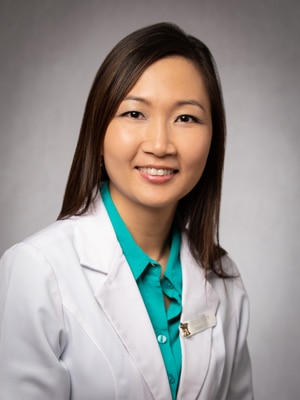
Doctor of Pharmacy, Oregon State University 2016
Has worked as a technician, bookkeeper, pharmacy intern and now pharmacist for Northwest Compounders
Team member since May 2008
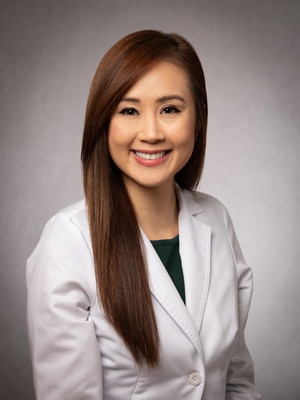
Doctor of Pharmacy, Pacific University 2011
Preceptor for Pacific University SOP, Oregon State SOP
Team member since January 2006
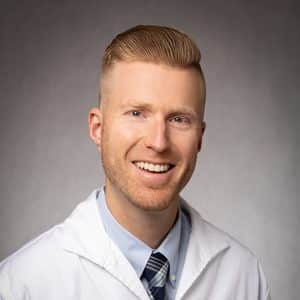
Doctor of Pharmacy, Pacific University 2014
B.S. General Science, Oregon State University 2011
Certificate in Veterinary Pharmacy, 2018
Certificate in Basic Compounding, PCCA 2014
Certificate in Aseptic Compounding, PCCA 2014
Preceptor for Pacific University SOP, Oregon State SOP
Team member since October 2005
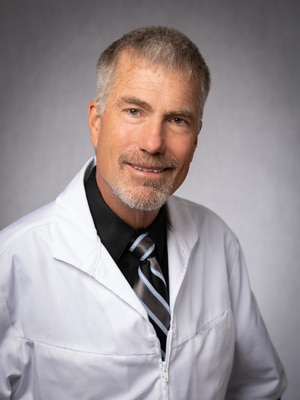
B.S. Pharm. 1976 Oregon State University
Founder, Northwest Compounders 2005
Member, International Academy of Compounding Pharmacists
Member, PCCA (Professional Compounding Centers of America)
Certificate in Basic Compounding Techniques, PCCA, 2001
Certificate in Aseptic Compounding, PCCA 2005
Preceptor for Pacific University SOP, Oregon State SOP, Washington State SOP